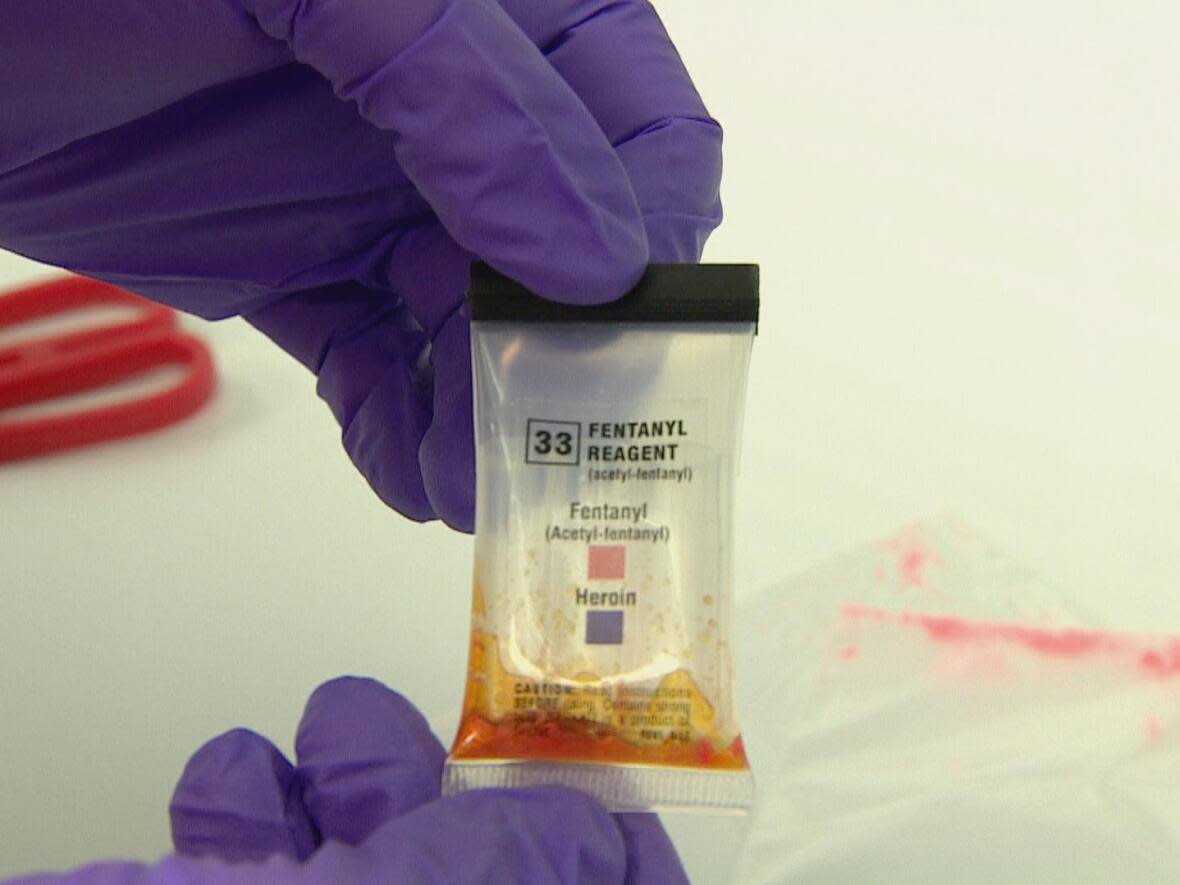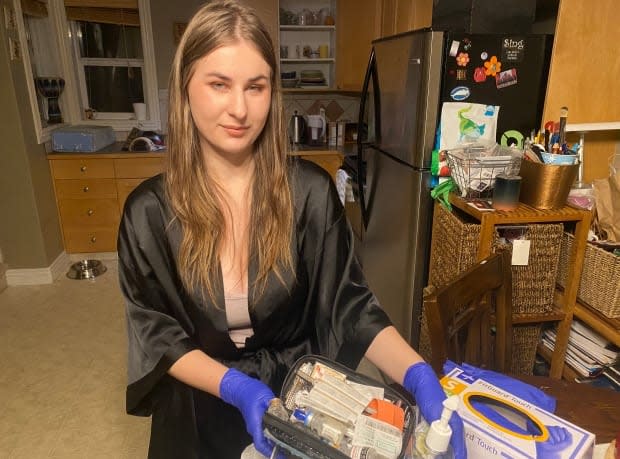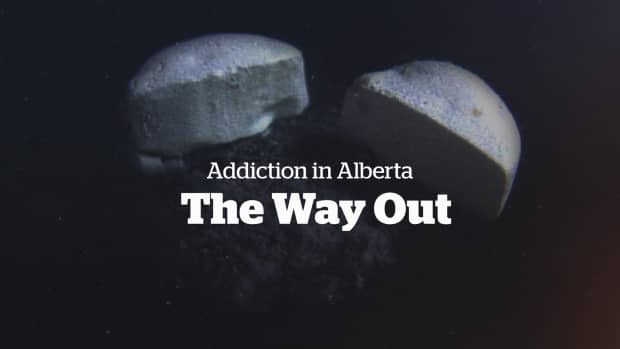We're looking at the ways out of addiction in Alberta. Read what we've discovered so far


CBC Calgary launched a week-long series Monday exploring the people and the policymakers searching for The Way Out of Addiction in Alberta.
It explores recovery, harm reduction and access to safe supply. It also tells the stories of the people impacted.
If there was something that touched you, or an angle the team missed or you have another story to share relating to addictions, we're listening.
CBC Calgary wants that feedback. We're asking if you might put it in this form so we don't lose any of it.
Meantime, if you missed any part of our series, please find the links to each article below.
How a group of Indigenous people in Alberta found their way out of addiction through culture
Robbie Daniels is one of several people behind Sobercrew Calgary, a group of mainly Indigenous people who've found a way out of their addiction through culture and sobriety.
They lean on each other for support and also find ways to help others, whether it's through drumming or a kind conversation.
Why some men in the trades are dying of opioid overdoses
Three out of four people who die of overdoses in Alberta are men, according to provincial statistics. In 2017, the province reviewed all opioid-related deaths and found that of those with occupations listed, 53 per cent had employment in trades, transport or equipment operation.
A Health Canada campaign, which drew data from provincial reports in Alberta, B.C. and Ontario also indicates that about 30 to 50 per cent of those employed at the time of their death, were employed in trades.
What's inside the drugs circulating Calgary? We visited the city police testing lab to find out
For the past two years in Alberta, at least four people a day, on average, have died from overdosing on illicit drugs, according to provincial statistics.
And the drugs aren't hard to access. It's about five dollars for what's considered one hit of fentanyl or meth.
But without a test, you can't be sure what you're getting. And overdoses happen fast.
Why an Alberta lawyer is pushing back on part of the province's new addictions strategy

The provincial government has changed the rules around who can prescribe high-potency, short-acting opioids like hydromorphone.
So 21-year-old Ophelia Black has sued the province. Her lawyer is Avnish Nanda.
Alberta wants to become the Canadian epicentre of the treatment and recovery movement. And the man behind the movement is Marshall Smith.
Once addicted to drugs and homeless, he now has the ear of politicians across the country.
Calgary woman sues province to maintain access to drug she says has saved her from overdose

A 21-year-old Calgary woman is suing the Alberta government to maintain access to her prescription for a high-potency opioid, which she says has saved her from overdosing on street drugs.
Share your thoughts regarding The Way Out: Addiction in Alberta

We've documented the fundamental shift that Alberta is taking in the way addictions are treated in this province.
Will it help or hurt?
As we continue to tell these stories, we want to hear from you. Tell us what you think of the stories you read or heard. And do you have an experience of your own to share?



